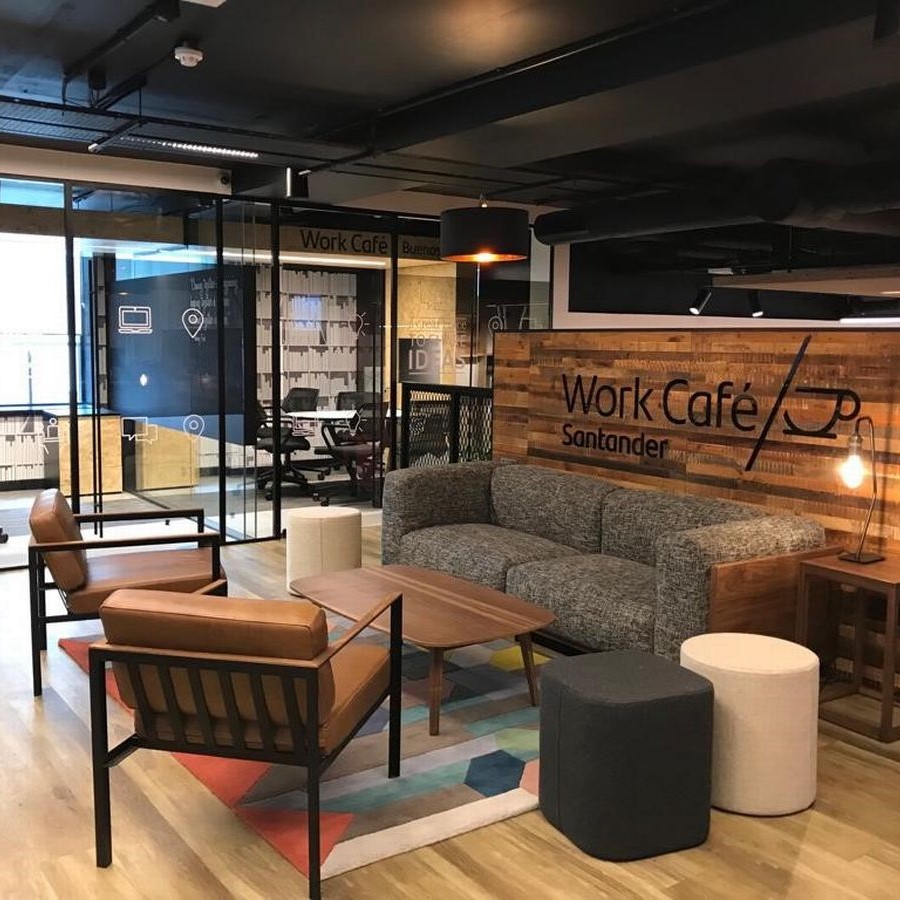To provide the best experiences, we use technologies like cookies to store and/or access device information. Consenting to these technologies will allow us to process data such as browsing behaviour or unique IDs on this site. Not consenting or withdrawing consent, may adversely affect certain features and functions.
The technical storage or access is strictly necessary for the legitimate purpose of enabling the use of a specific service explicitly requested by the subscriber or user, or for the sole purpose of carrying out the transmission of a communication over an electronic communications network.
The technical storage or access is necessary for the legitimate purpose of storing preferences that are not requested by the subscriber or user.
The technical storage or access that is used exclusively for statistical purposes.
The technical storage or access that is used exclusively for anonymous statistical purposes. Without a subpoena, voluntary compliance on the part of your Internet Service Provider, or additional records from a third party, information stored or retrieved for this purpose alone cannot usually be used to identify you.
The technical storage or access is required to create user profiles to send advertising, or to track the user on a website or across several websites for similar marketing purposes.
 Toxic workplace environments plague the accountancy profession, according to new research from CABA, a wellbeing charity for chartered accountants. The survey of over 250 accountants suggests that over half of chartered accountants think their workplace is toxic. Communication issues, working unrealistic hours and cliquey colleagues are also cited in the study. The survey found that 55 percent of respondents believe their workplace to be toxic.
Toxic workplace environments plague the accountancy profession, according to new research from CABA, a wellbeing charity for chartered accountants. The survey of over 250 accountants suggests that over half of chartered accountants think their workplace is toxic. Communication issues, working unrealistic hours and cliquey colleagues are also cited in the study. The survey found that 55 percent of respondents believe their workplace to be toxic.









 New research from Aon, claims that flexible benefits programmes continue to be popular within organisations, despite communication challenges and a potential impact from 2018’s
New research from Aon, claims that flexible benefits programmes continue to be popular within organisations, despite communication challenges and a potential impact from 2018’s 
























July 29, 2019
The tipping point for flexible working arrives
by James Geekie • Comment, Flexible working, Workplace design